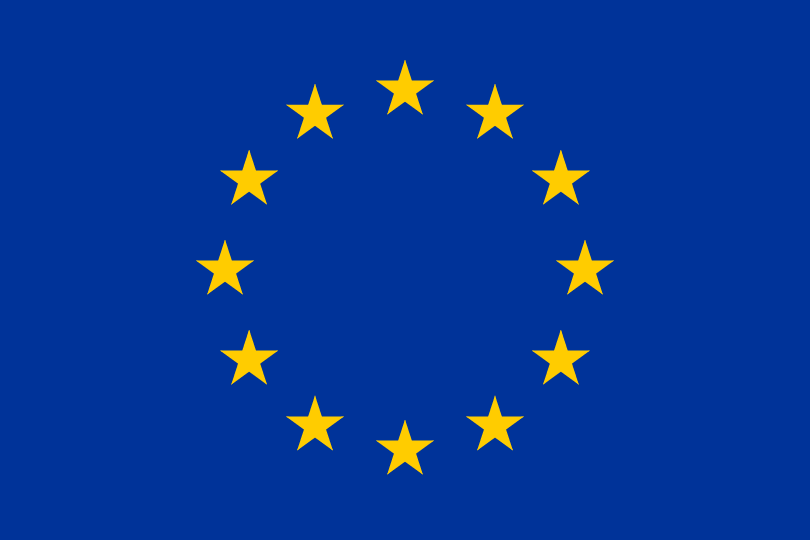Research: Innovative project to support specialists working on the crime scene kicked off
The RISEN (Real-tIme on-site forenSic tracE qualification) project is a four-year research and innovation action, coordinated by ENEA, which has received funding from the European Union’s Horizon 2020 research and innovation programme under grant agreement No 883116 (Fight against crime and Terrorism, topic SU-FCT02-2019 Technologies to enhance the fight against crime and terrorism, Sub-topic 1 Trace qualification).
RISEN is a highly innovative project aiming to support the specialists working on the crime scene. The development of the set of real-time contactless sensors within the project will be rooted in the needs of Law Enforcement Agencies (LEAs) with a user-oriented approach.
The RISEN Project brings together 20 well-known and respected Partners from 12 different European countries aiming to develop a set of real-time contactless sensors for the optimization of detection, visualisation, identification and interpretation of the trace on-site, with a consequent reduction of the time and resources in the laboratory, and for a fast exchange of information among LEAs. The development and the deployment of the RISEN concept will be agreed with the support of 7 Law Enforcement Agencies (LEAs) involved in the project as partners: Carabinieri Scientific Investigation Group (IT), The National Criminal Investigation Service (NO), Ministry of Justice- Portuguese Judicial Police (PT), Netherlands Forensic Institute (NL), Swedish Police Authority (SE), State Forensic Science Bureau (LV), Hellenic Police (GR).
The new proposed approach could be applied to the classical forensic investigations and to disaster sites, e.g. after a terrorist attack. The objectives of the RISEN project will be obtained by:
- Developing and demonstrating contactless, non-destructive, automated sensors to identify, select and label trace materials;
- Processing and sending in real-time acquired in-situ data to a 3D Augmented Crime Scene Investigation system to produce an interactive 3D model of the scene with position and labelling of traces and relative results of the on-site analysis.
The recreated 3D model of the scene resorts to augmented reality techniques for sensor data, collected evidence and identified points of interest in order to deliver a realistic and immersive visual environment for investigators, allowing them to conduct highly detailed investigations. The crime scenes, with analytical information from traces, will be digitally frozen to be available at any time for several purposes in the criminal justice system. The identified traces will be digitally marked and inventoried, and a digitalised chain of custody will be established in real-time implementing mechanisms that assure data integrity over its lifecycle.
Workshops, training activities, trials and a live demonstration will be organised during the RISEN project, where the partners, representatives of relevant stakeholders and LEAs will have the possibility to test the RISEN concept and provide continuous feedback to promote a sound validation of the RISEN results.
The RISEN project kick-off meeting held in July 1-2, 2020 (videoconference) successfully brought all major players of the project together and the meeting proved very fruitful for the initiation of the project and for starting the work while, the 1st RISEN workshop was held on September 9-10, 2020 (videoconference).
The 1st RISEN workshop was open to only the RISEN partners and the members of the RISEN Stakeholder and Practitioner advisory Board (SPB) and, the main scope of the workshop was to provide information needed at the RISEN system design. The 1st RISEN Workshop was an opportunity for the internal LEAs and the members of the SPB to provide information needed at the RISEN system design by:
- supporting the understanding of the state of the art of the forensic trace qualification methods, and technologies in use to analyse, document and record crime scenes;
- supporting the identification of challenges and gaps (technological, training, procedural, standards, safety, legal);
- identifying user requirements for in-situ crime scene investigation;
- harmonising the forensic activities with novel field-deployable real-time tools within RISEN (short term) and in Europe (Best practice manual, long term).
This project has received funding from the European Union’s Horizon 2020 research and innovation programme under grant agreement No 883116.
For administrative and contractual information visit the European Commission's Cordis website.


